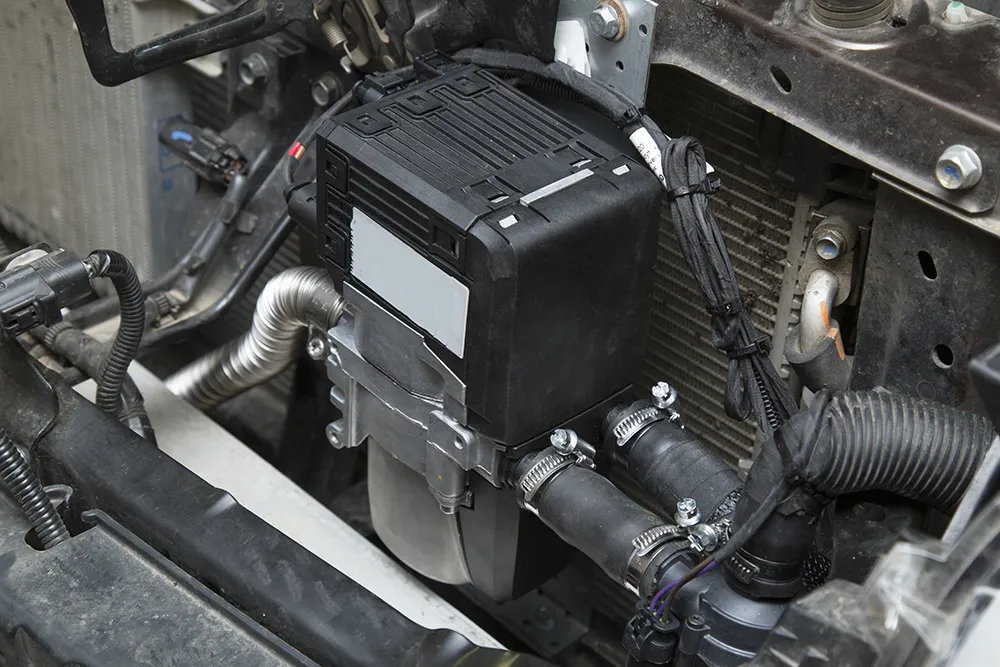As we approach the colder months, it’s crucial to ensure that your car’s heating system is in top condition. Conversely, as we head towards the warmer months, a properly functioning air conditioning system becomes essential for a comfortable drive. Your car’s heating and air conditioning system plays a significant role in maintaining a comfortable and safe driving experience. Let’s dive into the fundamentals of these systems and how you can ensure they are working optimally.
How Your Car’s Heating System Works
- The heating system in your car relies on the engine’s coolant to generate heat.
- Coolant flows through the engine, absorbing heat, and then circulates through the heater core.
- The heater core acts like a small radiator and a fan blows air over it to distribute the heat into the cabin.
- A thermostat regulates the temperature by controlling the flow of coolant through the system.
Signs of a Faulty Heating System
- No Warm Air: If you turn on the heater and no warm air comes out, there could be a problem with the heater core, thermostat, or a lack of coolant.
- Strange Smells: A musty or sweet smell could indicate a coolant leak.
- Foggy Windows: It may be challenging to clear foggy windows if the heating system isn’t working correctly.
Maintaining Your Heating System
- Regular Inspections: Have a professional check your heating system annually to catch any issues early.
- Coolant Flush: Flushing the coolant every 2-3 years helps maintain the system’s efficiency.
- Thermostat Check: Ensure the thermostat is functioning correctly to regulate the temperature effectively.
Understanding Your Car’s Air Conditioning System
- The air conditioning system in your car operates similarly to a refrigerator.
- It uses a compressor to pressurize and cool refrigerant, which then circulates through the system.
- A fan blows air over the cold evaporator, producing cool air that is circulated into the cabin.
- The system also dehumidifies the air, improving comfort during hot weather.
Signs of a Faulty Air Conditioning System
- Warm Air: If the air blowing from the vents is not cold, there may be a refrigerant leak or a faulty compressor.
- Strange Noises: Grinding or squealing noises when the air conditioning is on could indicate a problem with the compressor.
- Unusual Smells: A moldy or musty smell could indicate mold growth in the system.
Maintaining Your Air Conditioning System
- Regular Servicing: Get your air conditioning system serviced annually to ensure it is working efficiently.
- Refrigerant Checks: Check the refrigerant levels regularly and top up if necessary to maintain cooling performance.
- Clean or Replace Cabin Air Filter: A dirty cabin air filter can hinder the system’s performance.
Final Thoughts
Your car’s heating and air conditioning systems are critical for your comfort and safety while driving. By understanding how these systems work and being aware of common signs of issues, you can take proactive steps to maintain them properly. Regular inspections and servicing by a professional auto repair shop will help ensure that your heating and air conditioning systems are always in top condition, providing you with a comfortable driving experience regardless of the weather outside.



